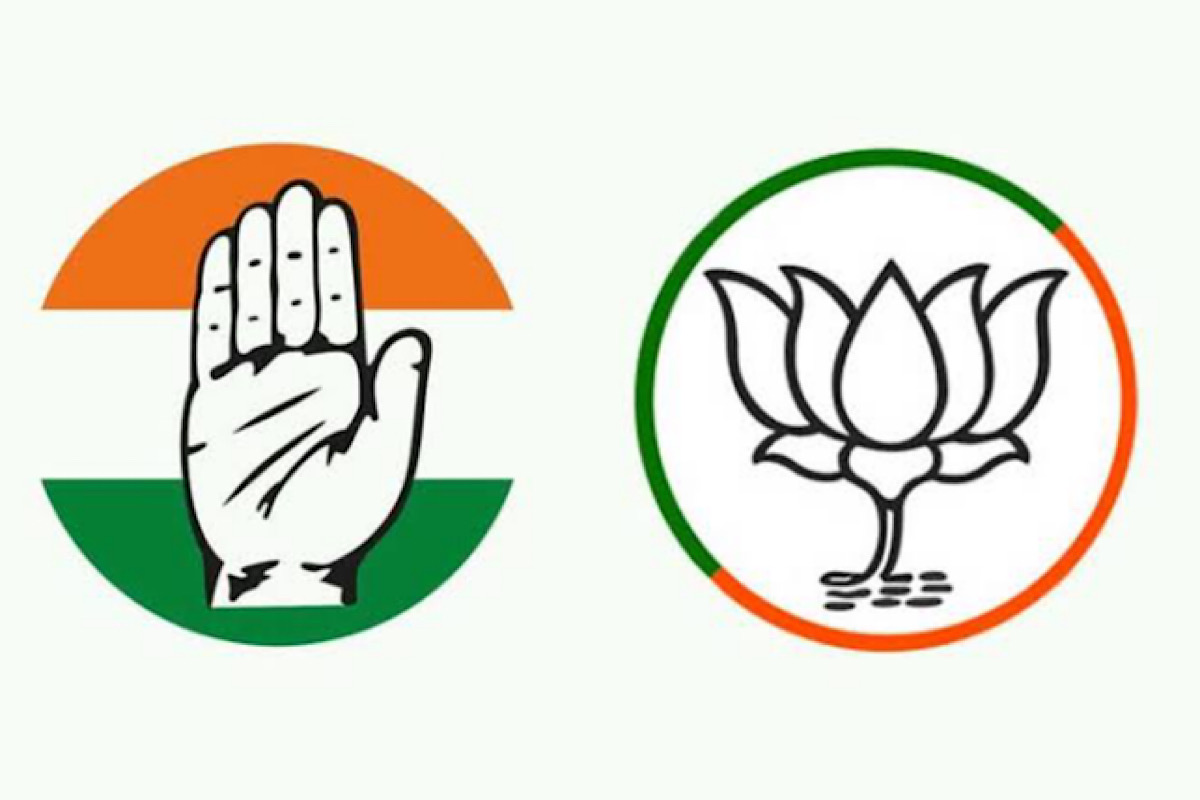In a significant electoral overhaul, Assam braces for its first polls under the revamped parliamentary constituencies, slated for April 19.
The delimitation exercise, a pivotal process reshaping political contours, promises to wield substantial influence on election outcomes across the state.
Advertisement
Among the constituencies undergoing seismic shifts, the erstwhile Kaliabor seat, now rechristened as Kaziranga, emerges as a focal point of interest.
Once a Congress bastion, Kaziranga witnesses a profound alteration in its demographic composition post-delimitation. Former strongholds of the Congress, including Batadrava, Rupohihat, Samaguri, and Dhing, now lie beyond its boundaries, fundamentally altering the electoral landscape.
The revamped Kaziranga constituency now encompasses areas such as Hojai, Lumding, and Barhampur, all represented by BJP members in the State Assembly.
The entry of Binnakandi as a new assembly constituency further underscores the recalibration of political dynamics.
Notably, the legacy of the Gogoi family, entrenched in Kaliabor for decades, faces a paradigm shift. Tarun Gogoi’s son, Gaurav Gogoi, having secured victories in previous elections, now contends from Jorhat following constituency realignments. This transition amplifies the stakes, as traditional power centers undergo reconfiguration.
Similarly, in Jorhat, the inclusion of Majuli, an ST seat represented by the BJP, tilts the electoral balance in favor of the ruling party. This alteration, coupled with the incorporation of adjacent areas, augments the ruling party’s electoral prospects.
Dhubri, historically a minority-dominated stronghold, experiences a notable metamorphosis post-delimitation. While the constituency’s map undergoes a revision, its core demographic remains largely unaltered. However, allegations of gerrymandering surface, with the Congress vociferously contesting the delimitation’s integrity, alleging favouritism towards AIUDF supremo Maulana Badruddin Ajmal.
The contours of Assam’s electoral landscape undergo a profound transformation, driven by the intricate interplay of political maneuvering and demographic realities. As the state braces for a electoral contest, the ramifications of delimitation reverberate across its political spectrum, shaping the destiny of its representative democracy.











